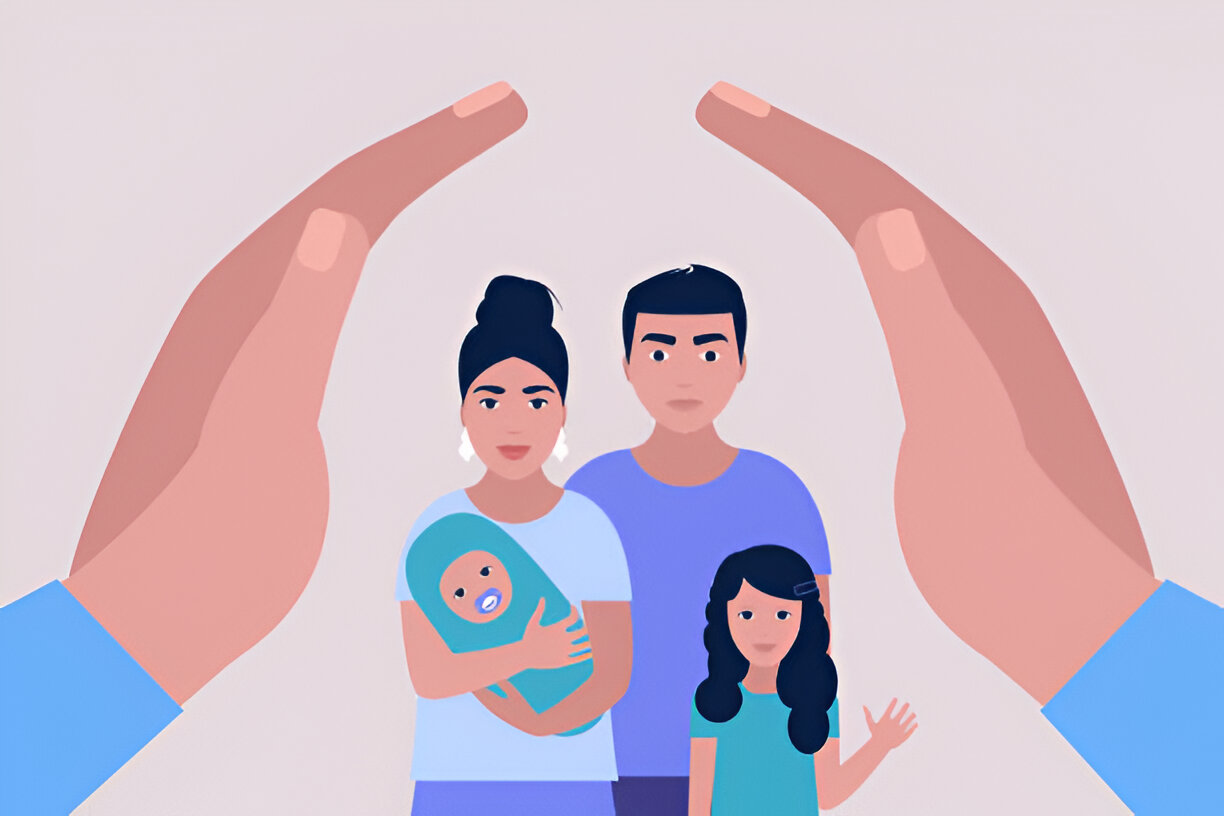The Janani Shishu Suraksha Karyakram (JSSK), launched by the Ministry of Health & Family Welfare, Government of India, is a landmark initiative aimed at providing free and cashless healthcare services to pregnant women and sick newborns in public health institutions. This program builds upon the successes of the Janani Suraksha Yojana (JSY) and aims to remove financial barriers that often prevent women and newborns from accessing quality healthcare.
Objectives of the Janani Shishu Suraksha Karyakram (JSSK)
The JSSK is guided by the following key objectives:
-
Free and Cashless Delivery: To ensure that all pregnant women delivering in public health institutions receive free and no-expense delivery, including caesarean sections.
-
Free Newborn Care: To provide free treatment to all sick newborns accessing public health institutions up to 30 days after birth.
-
Eliminate Out-of-Pocket Expenses: To eliminate or significantly reduce out-of-pocket expenses for pregnant women and sick newborns during their stay in public health facilities.
-
Promote Institutional Deliveries: To encourage women to deliver in public health institutions by providing free and quality services.
-
Improve Access to Healthcare: To ensure timely access to quality antenatal, intranatal, and postnatal care, as well as essential services for newborns.
Entitlements for Pregnant Women
Under the JSSK, pregnant women delivering in public health institutions are entitled to:
-
Free and zero-expense delivery, including caesarean section.
-
Free drugs and consumables.
-
Free essential diagnostics (blood, urine tests, and ultrasonography).
-
Free diet during their stay in the health institutions (up to 3 days for normal delivery and 7 days for caesarean section).
-
Free provision of blood.
-
Free transport from home to the health institution.
-
Free transport between facilities in case of referral.
-
Free drop-back transport from the institution to home after 48 hours of stay.
-
Exemption from all kinds of user charges.
Entitlements for Sick Newborns
Sick newborns accessing public health institutions are entitled to:
-
Free and zero-expense treatment up to 30 days after birth.
-
Free drugs and consumables.
-
Free diagnostics.
-
Free provision of blood.
-
Free transport from home to health institutions.
-
Free transport between facilities in case of referral.
-
Free drop-back transport from the institution to home.
-
Exemption from all kinds of user charges.
Implementation Strategies
The guidelines for JSSK outline several key steps for effective implementation:
-
State-Level Actions: Issuing government orders on free entitlements, nominating a State Nodal Officer, establishing grievance redressal mechanisms, ensuring regular procurement of drugs, functional lab facilities, and blood banks.
-
District-Level Actions: Nominating a District Nodal Officer, circulating GOs on free entitlements, widely publicizing free entitlements, reviewing drug stocks, ensuring functional lab facilities and referral linkages.
-
Public Dissemination: Publicizing entitlements through print and electronic media, displaying them prominently in health facilities, and setting up help desks.
-
Drug and Consumable Management: Notifying essential drug lists, ensuring regular procurement, displaying drug availability, and ensuring proper storage.
-
Diagnostic Services: Ensuring functional lab and diagnostic services at all levels and providing free investigations.
-
Diet Provision: Providing cooked food at all delivery points and ensuring a proper nutritious diet.
-
Blood Availability: Ensuring adequate blood stocks, mandatory screening, and voluntary blood donation camps.
-
Referral Transport: Ensuring universal reach of referral transport services with a single toll-free number.
-
Grievance Redressal: Displaying contact information for grievance redressal authorities and setting up help desks.
Monitoring and Evaluation
The scheme is monitored at the national level by the National Health Systems Resource Centre (NHSRC) and at the state and district levels by Nodal Officers. Regular reviews and reports are conducted to ensure effective implementation.
Conclusion
The Janani Shishu Suraksha Karyakram is a transformative initiative that aims to ensure free and cashless access to essential healthcare services for pregnant women and sick newborns. By removing financial barriers and promoting quality care, the scheme is crucial for reducing maternal and infant mortality and morbidity in India.




